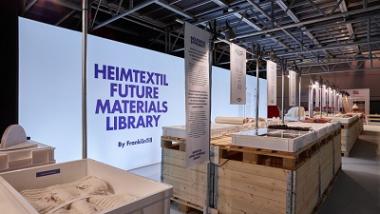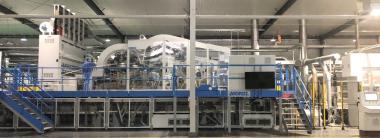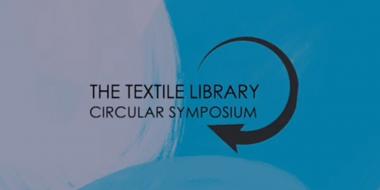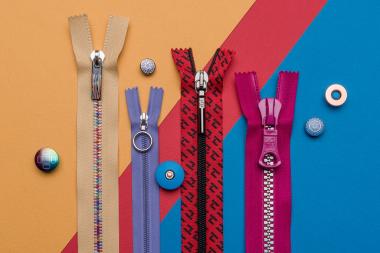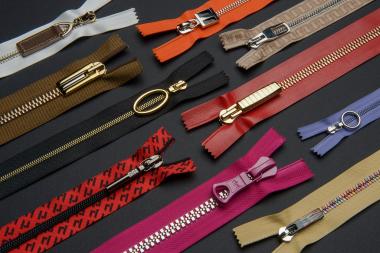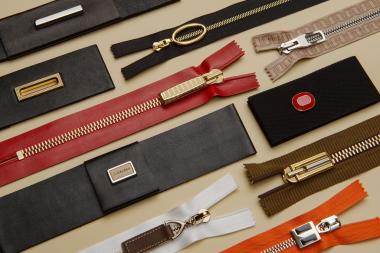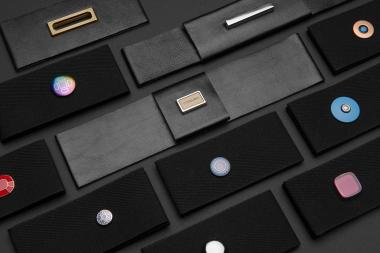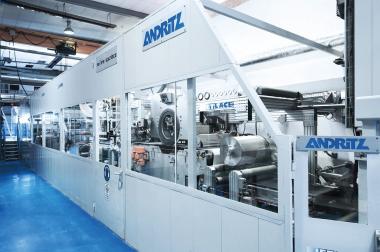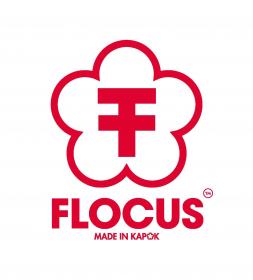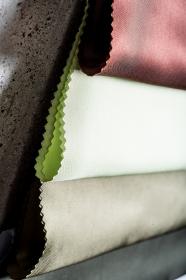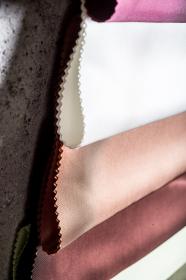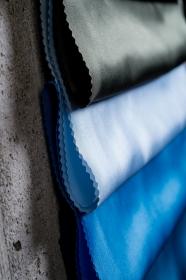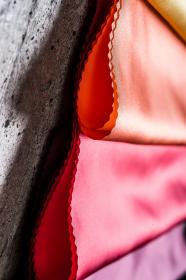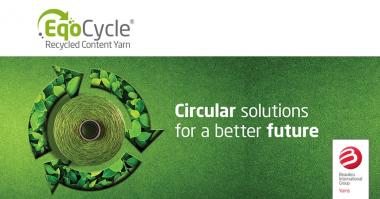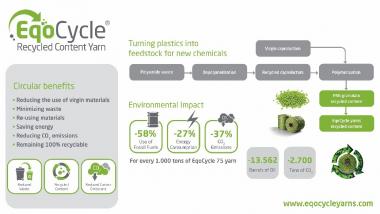Heimtextil launches digital materials library
Progressive material innovations presented digitally: following the cancellation of this year’s fair due to the corona pandemic, Heimtextil is extending its range of digital services and launching a new online materials library entitled ‘Future Materials Library’. 24 future-oriented materials for interior applications can now be found at www.heimtextil.messefrankfurt.com/future.
The curators of the new materials library are London-based futures-research agency, FranklinTill. “We are transitioning to a materials revolution that will help restore the balance in our relationship to our planet. As part of the Heimtextil Trends 21/22, we present a new selection of materials for interior applications with exciting innovations from all over the world”, says Caroline Till of FranklinTill.
A mix of commercially viable products and developments in an early stage
Imaginative designers and environmentally-aware manufacturers: the Future Materials Library 2021 offers materials pioneers a platform and presents a first-class mix of economically proven and revolutionary developments. FranklinTill has organised the materials in four themes: REGENERATIVE CROPS, REMADE FIBRES, HARVESTING WASTE STREAMS and SUSTAINABLE COLOUR.
Resources are running low
Thus, the new Heimtextil materials library tackles one of the main problems of the modern age: the shortage of resources on earth. In particular, textile production creates huge and continuously growing quantities of waste. And, over past decades, the design business has developed a ‘take, make and discard’ model of consumption that is incredibly harmful for our planet. In the climate-emergency era, however, future-oriented designers are learning from nature and working together with it. They endeavour to make use of the power of highly efficient natural circular systems to create textiles and materials that are better for both humans and the planet.
Heimtextil Trends: a guide for the international sector
The ‘Future Materials Library’ is part of the Heimtextil Trends that, for almost three decades, have been offering orientation for the sector by revealing design tendencies for the coming season. Even in the crisis, the Heimtextil Trends remain a vital part of the overall concept of the fair and provide important content for all target groups involved within the worldwide sector. Accordingly, Heimtextil aims to spotlight style-defining design developments taking place within the larger context of lifestyle trends. At the same time, the Heimtextil trend experts scan the exhibitors’ product world and identify unequivocal trends in the sector. In this connection, particular attention is paid to sustainable aspects along the entire value chain – in both the new digital library and live during the fair next January.
Heimtextil - Messe Frankfurt


